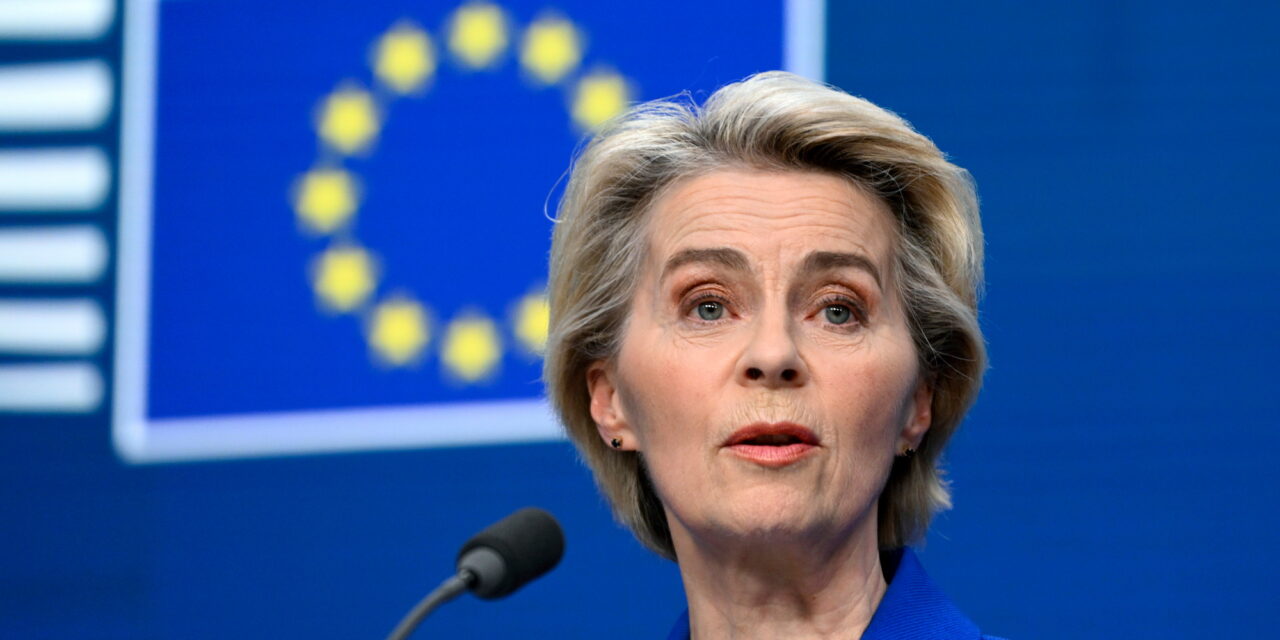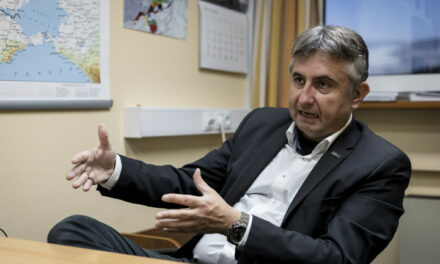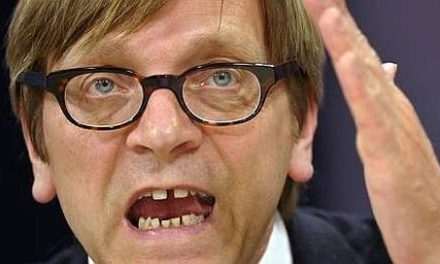Outgoing EU ombudsman Emily O'Reilly has claimed that there is a mafia culture at the head of the European Commission. He blamed President Ursula von der Leyen for the situation.
Emily O'Reilly, who is leaving her post in February, said EU Confidential podcast of European Commission's opacity is getting worse. He said that during his 11 years in office, he never met von der Leyen and never felt comfortable in the company of the "high-powered consiglieri" in the office of the European Commission president. The term is of Italian origin and is traditionally used to refer to the advisors of a mob boss. For example, the outgoing ombudsman revealed that it is often impossible to access certain documents: the commission simply refuses to hand over documents.
"You can imagine how frustrated we are when we patiently go through the issue of access to documents for months, cite the law of the European Court of Justice - and they still say no"
- said Emily O'Reilly in the talk show, which V4na.com . He added: the representatives often asked him how the European Commission could be made more accountable and transparent; but he himself did not know the answer to that. The top of the Brussels bureaucracy does what it wants - with impunity. Emily O'Reilly was the EU ombudsman for eleven years, responsible for upholding transparency standards and filtering out possible conflicts of interest, including between industry and the EU institutions. However, the judgments made by the ombudsman are not binding, so it may happen that Ursula von der Leyen and her mafia-like moon court can do anything.
Brussels is a hotbed of corruption
The corrupt system of the European Union is so entrenched that it ensures the survival of control within the most powerful cliques. What's more, European technocrats shamelessly ignored the shift to the right seen in the recent elections on June 9, and instead pretended not to notice the changing wind, stated in a recent opinion piece .
“Conservative arguments based on realism and common sense are consistently presented as far-right insanity, and the extremist label is repeated like a mantra throughout the media space. This is how the left-liberal bloc tries to isolate these conservative forces from the people by branding them as extremists.
he added. The latest reorganization of the leadership of the European Union changes the usual line-up only slightly: António Costa became the new president of the European Council. His appointment seems to prove that high positions in the EU are reserved only for those who have already demonstrated a special flair for corruption. Malgorzata Wolczyk recalled that not so long ago Costa was investigated for corruption, fraud and influence peddling, which caused a real political earthquake in Lisbon.
“Meanwhile, only a few months have passed and mainstream media journalists have already struck a laudatory tone, their hands seemingly compelled to applaud the newly appointed official. Indeed, it seems almost impossible to express contempt or criticism of someone who is associated with corruption when he is chosen by an enlightened, infallible elite”
- pointed out the political commentator. Costa was for many years a confidant of former Portuguese Socialist Prime Minister José Sócrates, who was arrested in 2014 in connection with a corruption scandal that damaged his party and fueled the rise of the opposition. Costa was mayor of Lisbon for two terms (2007-2011 and 2011-2015), then returned to national politics in 2015, following the fall of Sócrates.
Costa himself was forced to resign in 2023 following an investigation into his possible involvement in a corruption conspiracy involving multibillion-euro renewable energy and lithium investment contracts while Portugal served as Europe's largest lithium producer. When the police arrested his chief of staff and several other high-ranking figures from his entourage, the Supreme Court began to focus on other suspects in his government. In response, Costa was forced to resign. He maintained his innocence, but admitted that he could not reconcile suspicion of corruption with holding one of the country's highest offices.
According to Malgorzata Wolczyk, Costa's nomination probably owes a lot to his neighbor, Spanish Prime Minister Pedro Sánchez, who had considerable influence on the negotiating positions. It is also often said that his candidacy was supported by German Chancellor Olaf Scholz, which would not be surprising, since socialists understand each other's interests and mutually support each other. Another common denominator is that both the Spanish prime minister and the German chancellor have been embroiled in corruption scandals in recent years, and they have not managed to completely wash away the accusations to this day.
Cover image: Illustration / Ursula von der Leyen, President of the European Commission, at the international press conference held after the Brussels summit of the heads of state and government of the EU member states on December 19, 2024.
MTI/Tamás Purger













